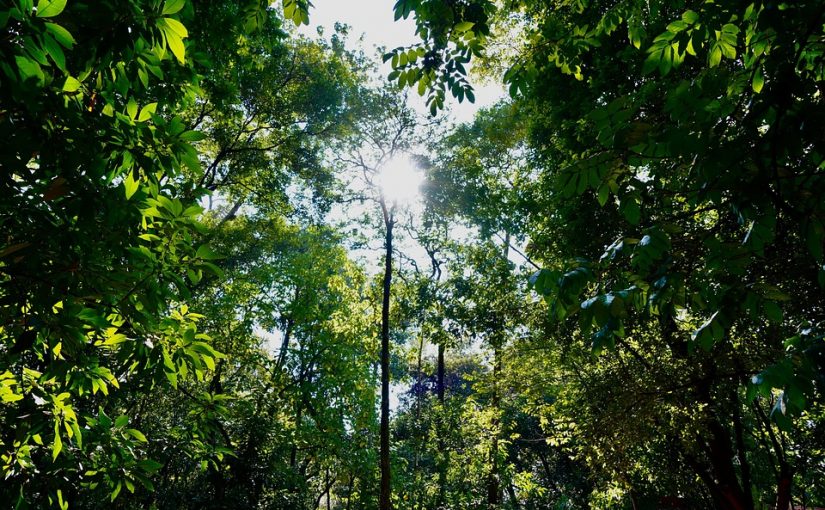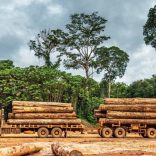Mozambique takes biotechnological maize varieties to ACAT- African Conference on Agricultural ...
Mozambique: Number of forestry operators falls sharply – AIM

FILE - For illustration purposes only. [File photo: Direcção Nacional de Florestas e Fauna Bravia ]
The number of forestry operators in Mozambique has fallen by about 50 per cent, according to the country’s National Forestry Directorate.
According to the Technical Report on the Periodic Assessment of Forestry Operators, from 2015 to 2024 there was a decrease in the number of fully operational operators from 699 to 369, which is a fall of 47.2 per cent.
Of a total of 474 operators assessed in 2024, only 369 are fully operational and 36 are inactive. The document points out that the “lack of market and likely scarcity of resources in the areas of certain operators” is the cause of this significant reduction.
Operator departures have a significant impact on employment. From 2021 to 2024, there was a reduction in the workforce in both Forest Concessions (CF) and Simple Licenses (LS).
“While in 2021 the CF employed 5,193 workers, in 2024 they employed only 2,742 people. The LS, which employed 6,664 workers in 2021, employed only 2,933 in 2024. In total, of the 11,857 people working in forestry operations in 2021, only 5,675 remained employed in 2024”, reads the report.
According to the deputy president of the Mozambican Federation of Timber Operators (FEDEMOMA), António da Silva, who was speaking during the report presentation, the sector has failed due to the “lack of good policies for working, earning money, and paying taxes.”
Da Silva explained that as of August this year, for example, not all provinces had issued licenses for operations.
He also said that the forestry sector lacks reference prices for timber sales, which is why the price is set by the buyer, making the activity unsustainable for operators.
Another reality that weakens the sector, he said, is that “operators have not been considered for public works. The State, for example, purchases pressed wood portfolios from China, to the detriment of domestically produced ones, which are of higher quality, simply because the buyer earns a commission.”
He explained that the relationship between logging companies and the communities is not very healthy because “the fees that operators pay, 20 percent, are not channeled to the local communities.”
For his turn, Xavier Quive, a forestry operator in the provinces of Zambézia and Manica, complained of excessive oversight, which makes the activity unviable.
“Enforcement needs to be more flexible. For example, when I leave Manica and enter Inhambane province, I’m checked at three or four checkpoints. There are many checkpoints. Every 10 kilometers, there’s a checkpoint; that’s a lot”, he said.
He recalled that the law states that the National Agency for Environmental Quality Control (AQUA) should be responsible for inspecting timber, but that’s not the case. “There are police, firefighters, and others”. he said.














Leave a Reply
Be the First to Comment!
You must be logged in to post a comment.
You must be logged in to post a comment.